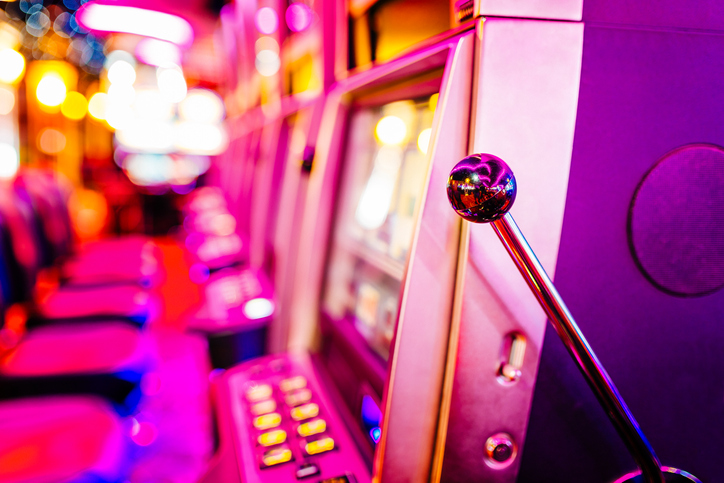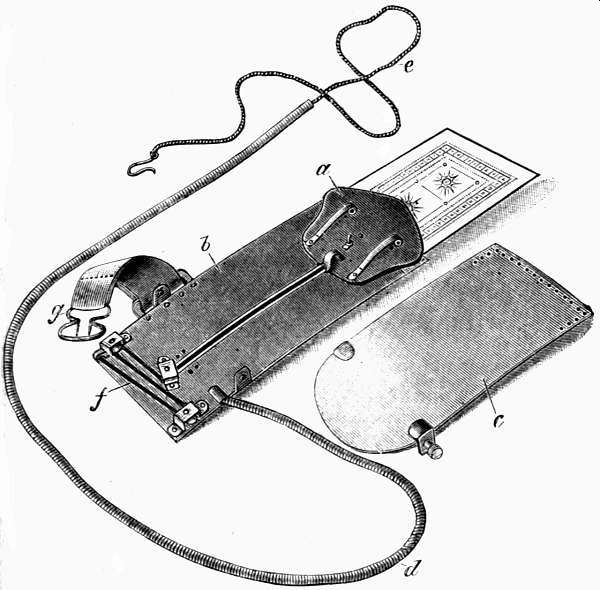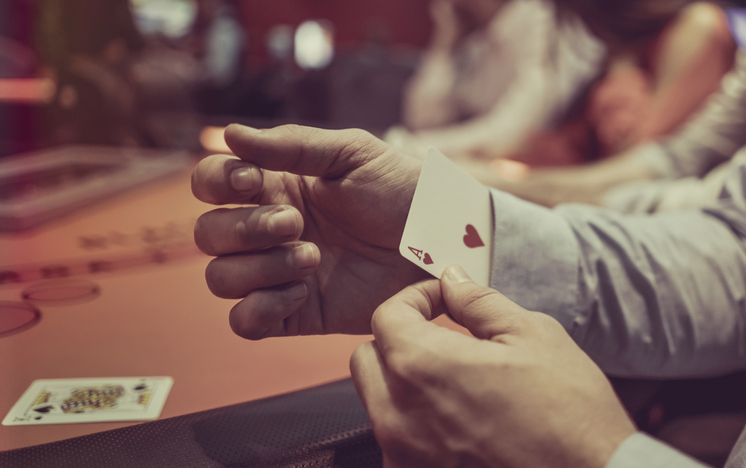Who would have thought that a stretch of dry land in the Mojave Desert would explode into an epicenter of entertainment, lights, epicurean delights, high stakes poker tables and residential sprawl? Even with all this, Las Vegas is still known best as the best place for gaming in the world. Gambling offers thrills and excitement, but it has also led to gaming fraud over the years.
The history of Las Vegas is filled with tales of Paiutes, Mormons, gangsters, atomic testing, sanctioned indiscretions and one gigantic dam. The settlement was officially founded in 1905 after a railroad was built between Los Angeles and Salt Lake City. The first resort on the Strip was opened in 1941—the El Rancho Vegas, famous for its gourmet buffet.
From Hughes to Greenspun and the epic population growth in the late 20th century to the $2 billion Raiders’ stadium, Las Vegas has been growing and will continue to grow until there is no more desert left to cover.
Somehow, in some way, over the years, the lure of Las Vegas remains, despite its ever-changing face. Tourists continue to escape to this entertainment mecca in the desert to eat, drink, dance and, of course, gamble.

“Chance” is at the core of Las Vegas. Taking a gamble is a key part of the thrill (and subsequent victory or defeat) of the casino experience. It’s one thing to watch a game and another entirely to place your own stack of cash on the betting table. The rise and fall of winning and losing is a hypnotic cycle that entrances, delights and devastates.
Unfortunately, some individuals attempt to “beat” that cycle, game the system itself, unfairly and illegally take advantage of the dealer, the other players, and the gambling. This is, indeed, another form of “chance” but not a legal one.
In fact, gambling fraud in Nevada can lead to hefty fines and a prison sentence.

By John Nevil Maskelyne – ‘Sharps and Flats’: A Complete Revelation of the Secrets of Cheating at Games of Chance and Skill. London and New York: Longmans, Green, and Co, 1894. Public Domain, Link
According to NRS 465.0701, in the state of Nevada, it is unlawful for any individual to do the following:

NRS 465.0752 discusses the possession of devices, software or hardware that obtain an advantage at playing games. These devices are strictly prohibited.
Examples of these include devices that:
The exception is any device that is available as part of an approved game or otherwise permitted by the Commission.

Gaming fraud in Nevada is categorized as a Class C Felony, and the penalties are as follows for a first offense:
For a second or subsequent violation of gambling fraud, the crime is categorized as a Class B Felony, and the penalties are:
Note: If you are found guilty of attempting or conspiring to cheat, this crime is treated the same as if it were a successfully completed crime. It carries with it the same penalties as a Class C Felony.
The bottom line is cheating is not worth the risk. If you’re in a casino to gamble, do it legally, and have fun. It’s not worth gambling with your freedom.